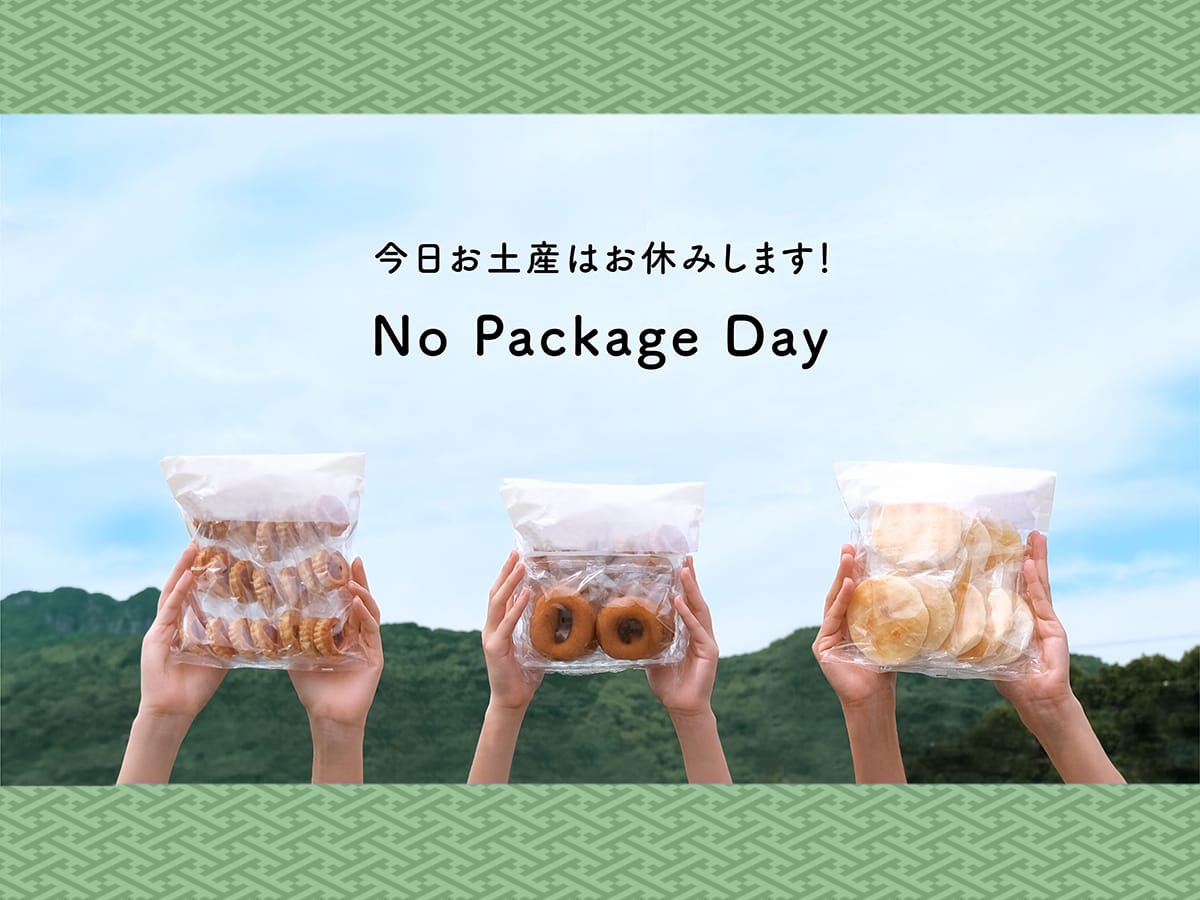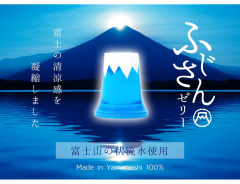
Source: © PR Times, Inc.
Japanese company helps local souvenir products unsold due to pandemic reach customers online
- Tags:
- e-commerce / online sales / packaging / SDGs / souvenir shops / Souvenirs
Related Article
-

Mount Fuji Jelly From Yamanashi Offers a Taste of Japan’s Most Famous Mountain
-

DMM.com recruits SDG-conscious designers for high level 3D printed art and products
-

Get freaky this fright night with a Halloween Flower Mask made with ‘recycled’ flowers
-

“Accessible toilets aren’t makeup rooms!”: Mother’s viral complaint on Halloween weekend
-

Reward yourself with eight tasty snacks once a month with snaq.me subscription service
-

Japan’s Agriculture Ministry makes dance video to support sake industry affected by pandemic


Souvenirs are, by their nature, destined for tourists. However, due to the novel coronavirus pandemic, the number of people sightseeing in various tourist spots throughout Japan has dwindled. As a result, many souvenir shops and souvenir makers have seen their sales take a nosedive. Some souvenir makers have had to adjust production and, sadly, some factories have been forced to shut down altogether.
Jinseiwajojoda Inc. (株式会社人生は上々だ), a Japanese startup with the optimistic name meaning "life is good," has come up with a solution called "No Package Day." They buy up souvenir surplus, remove the typical souvenir packaging, and sell the products through their own e-commerce site, New Alke Store, so that customers can purchase them from the comfort of their homes.
They also conduct traveling sales (by car) to areas where shopping is difficult due to their location and to business districts that are trying to survive through the pandemic.
As you can see in the chart below, data released by the Japan Tourism Agency reveals that shopping expenses during domestic travel with overnight stays plummeted during the pandemic. In the souvenir market, demand has fallen by about half, even though supply has remained the same.
Advantages for souvenir makers
(English text added by grape Japan)
Sustainable development goal 12
The "No Package Day" project positively contributes to Goal 12: "Responsible consumption and production" of the Sustainable Development Goals established by the United Nations.
Not only do they offer products at lower prices by eliminating packaging, but they're also promoting "ethical consumption" that takes into consideration food loss and the environment.
Moreover, all net profits from the project will be donated to organizations supporting the food crisis in Africa and other regions.
Shopping
A variety of regional crafts, sweets, and other local specialties will be sold, with more expected to be added.
If you're interested, you can visit their e-commerce site here.